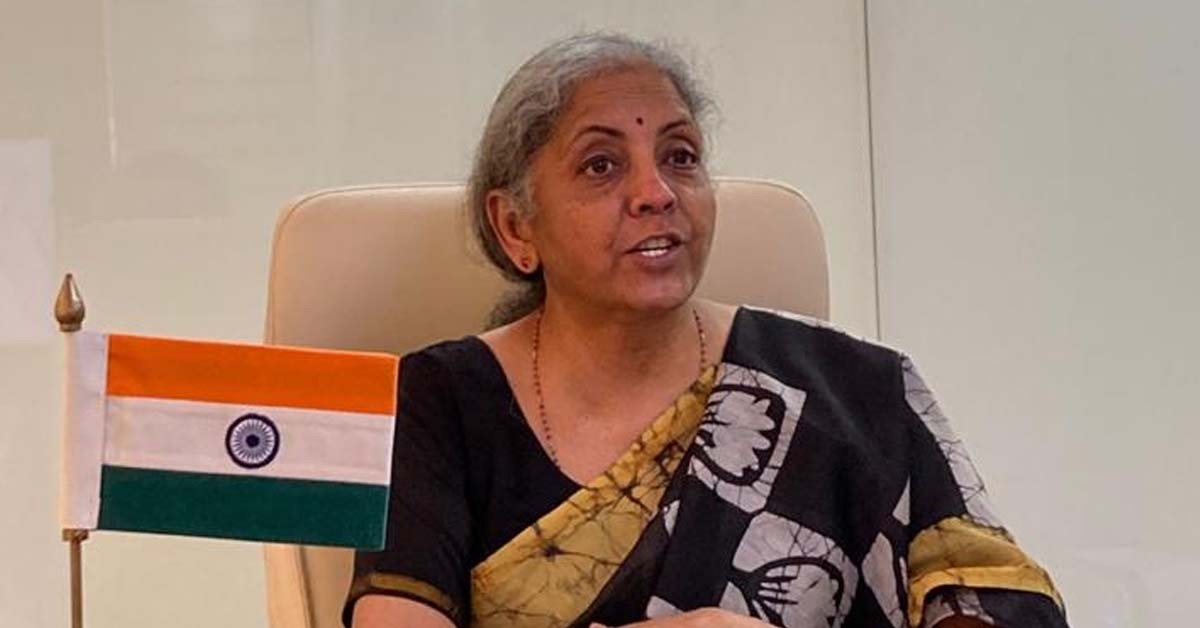On Saturday, the 53rd GST Council meeting marked a significant shift as 11 new ministers from states including Andhra Pradesh, Bihar, Chhattisgarh, Haryana, Madhya Pradesh, Mizoram, Odisha, Rajasthan, Sikkim, Telangana, and Tripura joined the council. Finance Minister Nirmala Sitharaman announced these changes, which necessitate the reconstitution of three pivotal Groups of Ministers (GoMs) under the GST Council.

Reconstitution of Three GoMs: What's Changing?
1. Analysis of Revenue from GST
The Group of Ministers focusing on the analysis of revenue from GST will see the induction of Odisha's new finance minister. This panel plays a crucial role in examining the revenue generated from GST and suggesting measures to optimize it. The BJP's recent victory in Odisha's assembly polls has led to this new appointment, which is expected to bring fresh perspectives and strategies to the table.
2. Boosting the Real Estate Sector under GST
The GoM dedicated to boosting the real estate sector under GST, previously headed by Maharashtra Deputy Chief Minister Ajit Pawar, is set to be reconstituted. The change is driven by the appointment of a new finance minister in Bihar. This group is tasked with addressing GST-related challenges in the real estate sector and proposing enhancements to stimulate growth and compliance.
3. GST System Reforms
The Group of Ministers on GST system reforms, also convened by Ajit Pawar, will undergo a major reconstitution. Five new ministers from Assam, Andhra Pradesh, Haryana, Chhattisgarh, and Odisha are expected to join this panel. This group is crucial for overseeing and recommending reforms to the GST system, ensuring it remains efficient, transparent, and user-friendly.
Recent Developments and Future Directions
The 52nd GST Council meeting held on October 7, 2023, laid the groundwork for these changes. Earlier this year, the GoM on GST rate rationalization was reconstituted with Bihar Deputy Chief Minister Samrat Chaudhary as its convener. The upcoming reconstitution of the other three GoMs signifies the council's continuous efforts to adapt and improve the GST framework in response to changing political and economic landscapes.
Conclusion
The inclusion of new ministers in the GST Council highlights the dynamic nature of India's political and economic environment. As these Groups of Ministers are reconstituted, they will bring new insights and strategies to address key issues related to GST revenue analysis, real estate sector enhancement, and system reforms. The GST Council's proactive approach in reconfiguring these panels underscores its commitment to refining India's GST system for better efficiency and effectiveness.







 CAclubindia
CAclubindia

